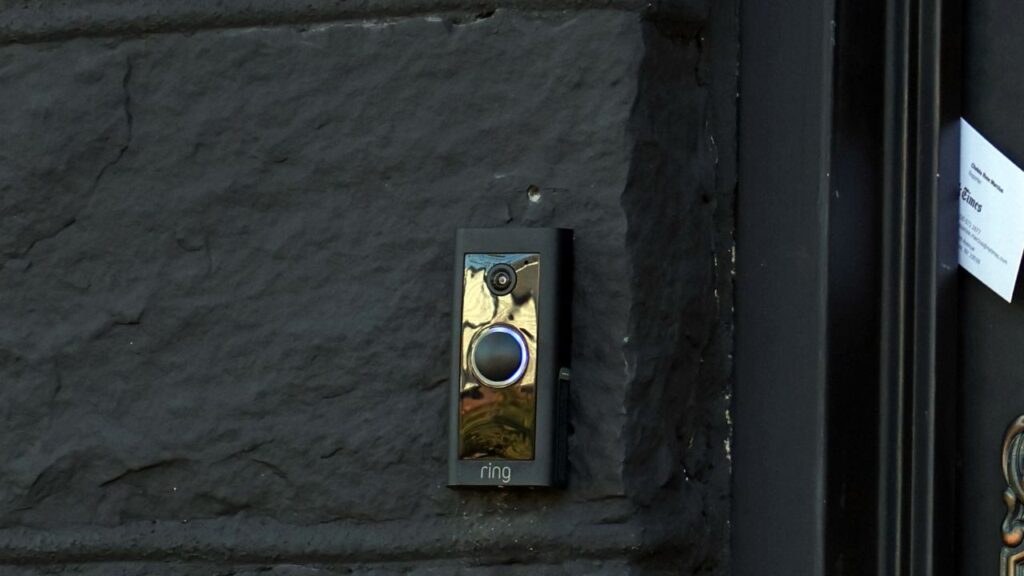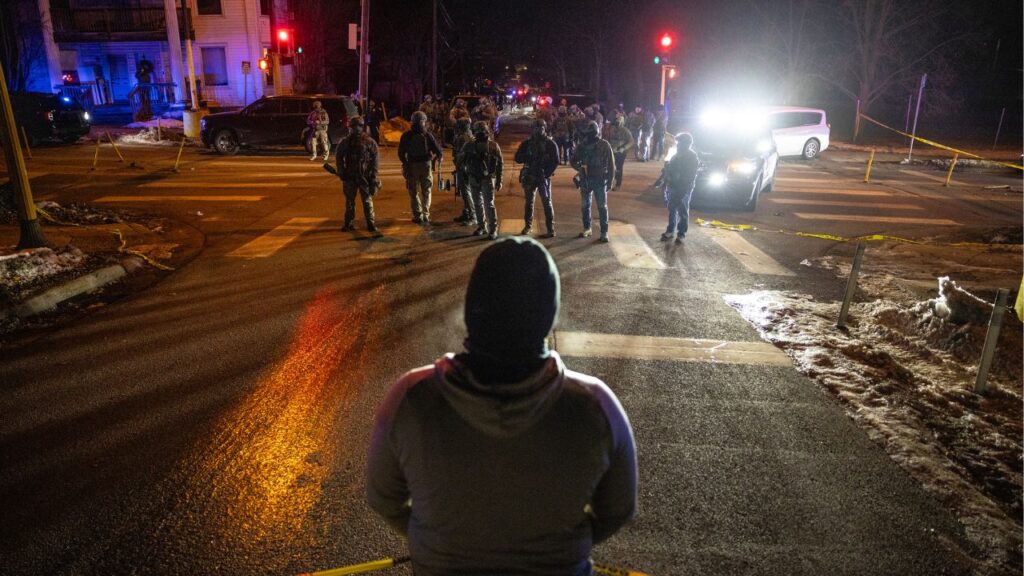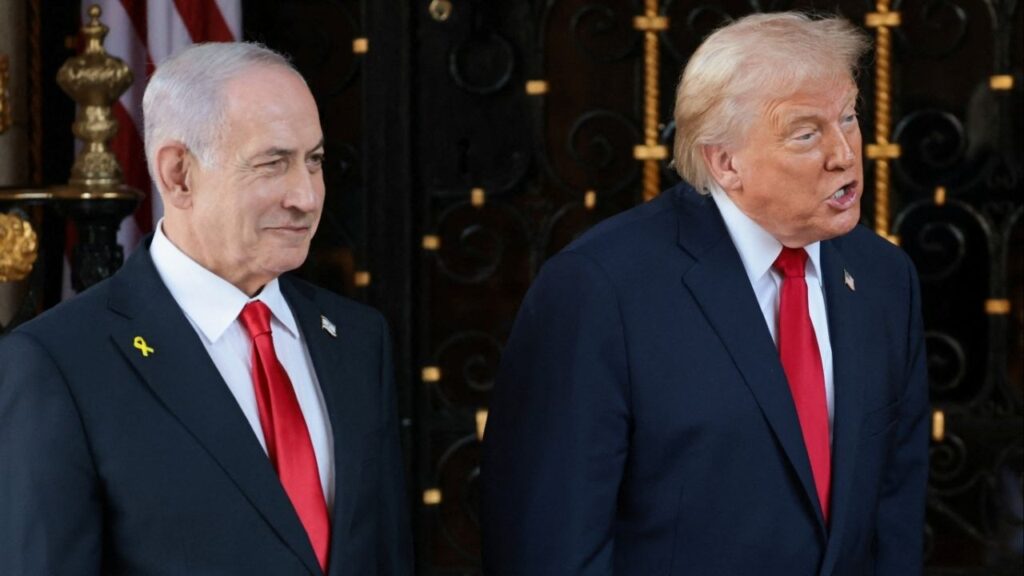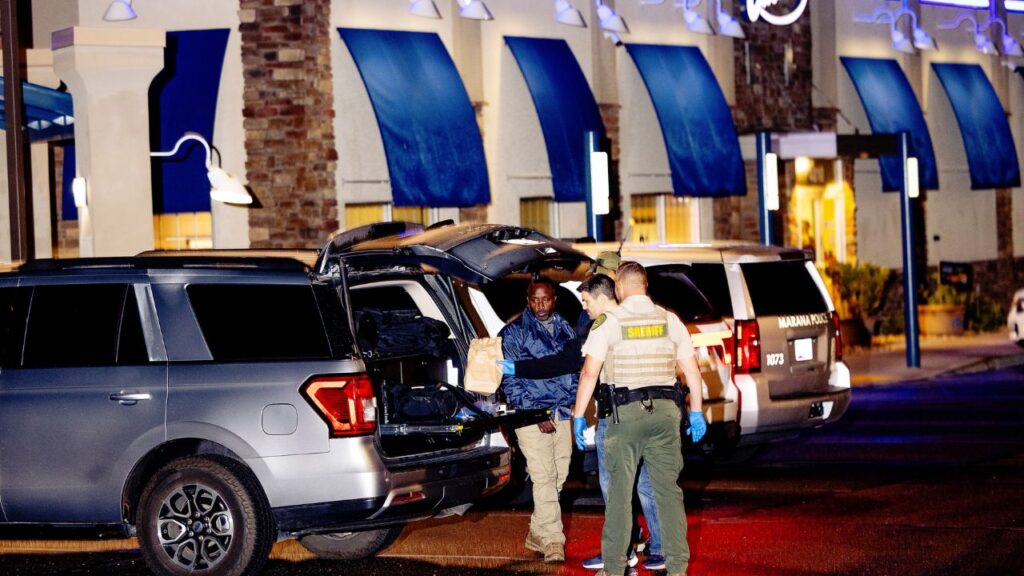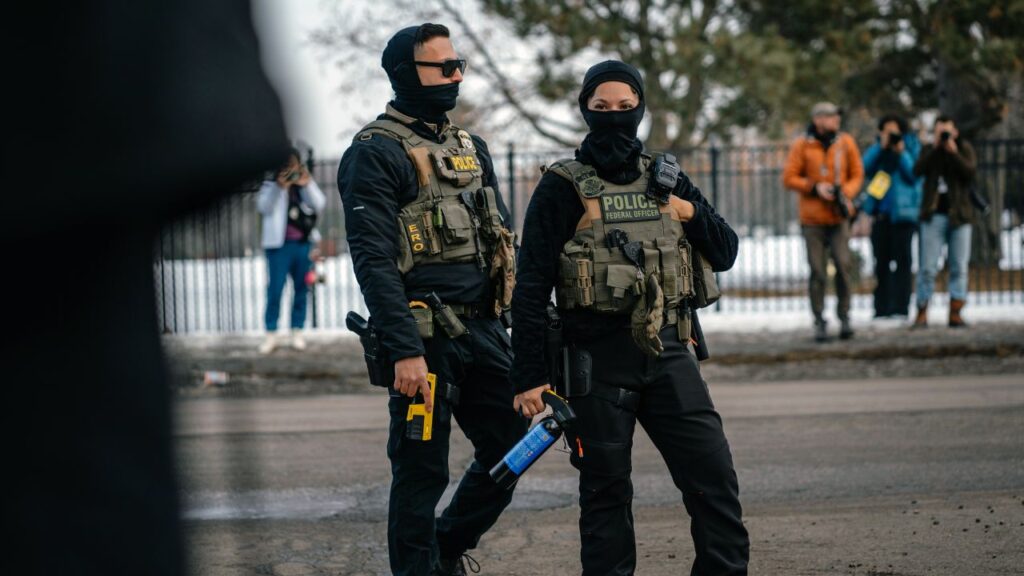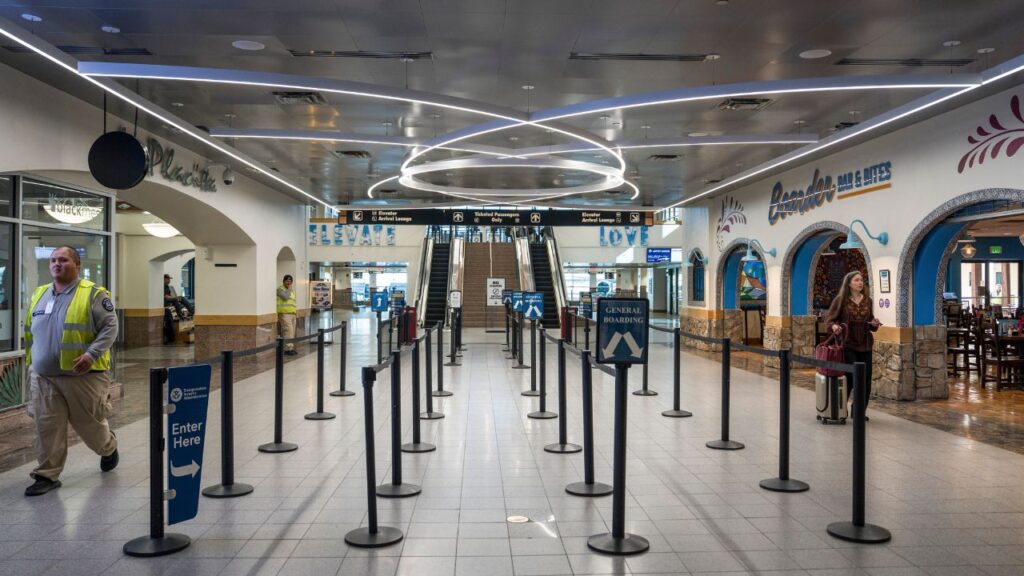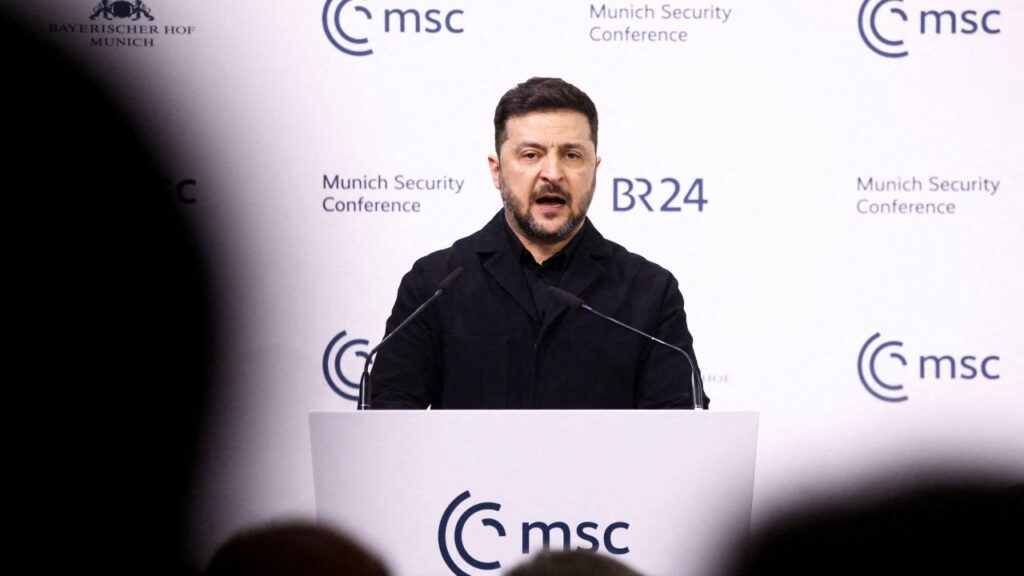Fresno Mayor Jerry Dyer's $2 billion budget does not layoff any staff, even with a $47 million budget deficit. (GV Wire Composite/Paul Marshall)

- The city is facing a $47 million budget deficit.
- Dyer avoided layoffs or furloughs largely by bonding out projects to free up other money.
- Utility costs and benefit packages drove the biggest expense increases.
Share
|
Getting your Trinity Audio player ready...
|
Presenting his plan for what Mayor Jerry Dyer called a “unique year,” the city’s record $2 billion budget comes in the face of higher costs and reduced revenues.
In March, Dyer’s administration forecast a $37 million deficit. By the meeting Thursday, a more accurate projection showed the administration having to deal with a $47 million shortfall.
“The driving factors really were that expenses that outpaced revenues,” Dyer said.
Dyer proposed balancing the budget by bonding some projects that were to be built with a combination of city dollars and federal grants. Dyer also asked department leaders to come back with 3% cuts. Many of them, he said, cut more than that.
While Dyer said his financial plan solves declines in sales tax and growing expenses without layoffs, furloughs, or hiring freezes, the outlook for 2026 may be more grim.
“We recognize that budget challenges we currently face in FY 24 and 25 could possibly go worse in FY 26, based on all indications, and therefore it is imperative that we continue to maintain in my opinion a strong reserve and to look for innovative budget solutions that will further reduce expenses and increase revenues,” Dyer said.

Slowed Economic Activity Drove Sales Tax Declines
If approved as Dyer presented, the FY 25 deal would be roughly 7% larger than last year’s budget. At the same time, the city is facing declines in sales and business taxes. The city’s cannabis taxes also came in lower than expected.
However, increases in property tax revenue made up for losses in sales tax.
Sales tax typically makes up 32% of revenue while property taxes make up 36%.
Higher expenses largely drove the $47 million deficit, Dyer said.
Utility costs with Pacific Gas & Electric increased $4.8 million. Higher workers compensation, insurance costs, and pension costs added to salary expenses.
But Dyer’s goal was to maintain services and staffing while still balancing the budget.
“The main goal for us was to minimize impacts and service delivery while balancing the budget,” Dyer said. “That’s difficult when you’re facing inflation and you’re facing cost increases that are outside your control.”
Bonding Projects Frees up Money Now, Add Costs Later
One of the mayor’s strategies to free up money comes from bonding out projects previously funded by President Joe Biden’s American Rescue Plan dollars.
Two of the biggest projects Dyer wants paid for with municipal bonds are a planned fire station and a communications center costing $30 million.
Bonding does add to the the city’s debt. Dyer estimated every $13 million in bonds adds about $1 million in debt service.
“There will be a savings there but it will impact our debt,” Dyer said.
Grant Money Buys in Past Year Soften Budget Blow: Balderrama
While Dyer’s proposed budget does not lay off any police or fire, it does put a stop to the city’s hiring trends.
The city added 88 police officers over the past three years, which will likely be the last new hires if the city council accepts Dyer’s plan.
The Fresno Police Department has needed a new helicopter. Dyer said they could save money by leasing-to-own versus buying one.
Fresno Police Chief Paco Balderrama said cuts to his department would not result in a reduction of service.
Balderrama said reductions in crime makes doing more with less easier.
The department used ARPA funds in 2021 and 2022 to buy a significant number of vehicles, Balderrama said, which means they can absorb decreases in fleet acquisition budgets. The police will lease a new helicopter instead of buying one, which frees up money.
A new helicopter would cost $6.4 million. The lease payment is $300,000.
“Regardless of our budget woes, our number right now is 856 police officers and that’s the most that we’ve ever had,” Balderrama said. “So I expect the performance to continue on. The trend the last three years since I got here has been a downward trend in violent crime.”

Reduction in Fire Crews on City’s Fringe
Having to cut 3% of its budget, or roughly $2.5 million, Fresno Fire Chief Billy Alcorn said cuts would come from reducing staffing at three fire stations, one in northwest Fresno, one in northeast Fresno, and the third in the growth portions of southwest Fresno.
Councilmember Mike Karbassi objected to the reduction of staffing at the station at Herndon and West avenues, which he said he fought to get fully staffed last year.
Council President Annalisa Perea also objected to crew reductions.
Alcorn said the decision on which stations to cut were based on calls for service.
Karbassi said the fire station at West Avenue serves the San Joaquin River Bluffs which could “devastate millions of dollars of homes and taxpayer assets.”
“That’s going to be a red line for me,” Karbassi said.
Mayor’s Budget Funds Pothole Crews, Fresno Trolley, Airport Roads
The mayor planned for pothole crews to maintain the same level of funding. The same goes with the Fresno trolley — called Fresno HOP, the free service that transports people from Fresno State to Tower District to downtown Fresno on weekends for free.
“The Fresno HOP is important in terms of exposing people to downtown Fresno and to Tower District,” Dyer said. “If we’re going to truly have a great downtown, we’ve got to have more people living there,” Dyer said.
Dyer said repaving Peach Avenue from McKinley Avenue to Highway 180 and McKinley Avenue from Chestnut Avenue to Peach Avenue is long overdue.
“This is long. It’s one of the worst roads in the city and a horrible first impression for those going to and from our airport,” Dyer said.
Community members questioned the importance of Dyer and city councilmembers going to Japan and Germany.
Dyer said those trips have unseen benefits. Going to Japan helped city staff better understand high-speed rail.
He also said his trip to Austria was key in securing the $250 million from the state of California dedicated to downtown infrastructure revitalization.
The state has delayed $200 million in payments.
Dyer said they have found a contractor to fix water and sewer lines between Van Ness Avenue and Highway 99.
Dyer said a trip to Armenia has not been finalized yet, but it may come out of his personal funds because of budget constraints.





